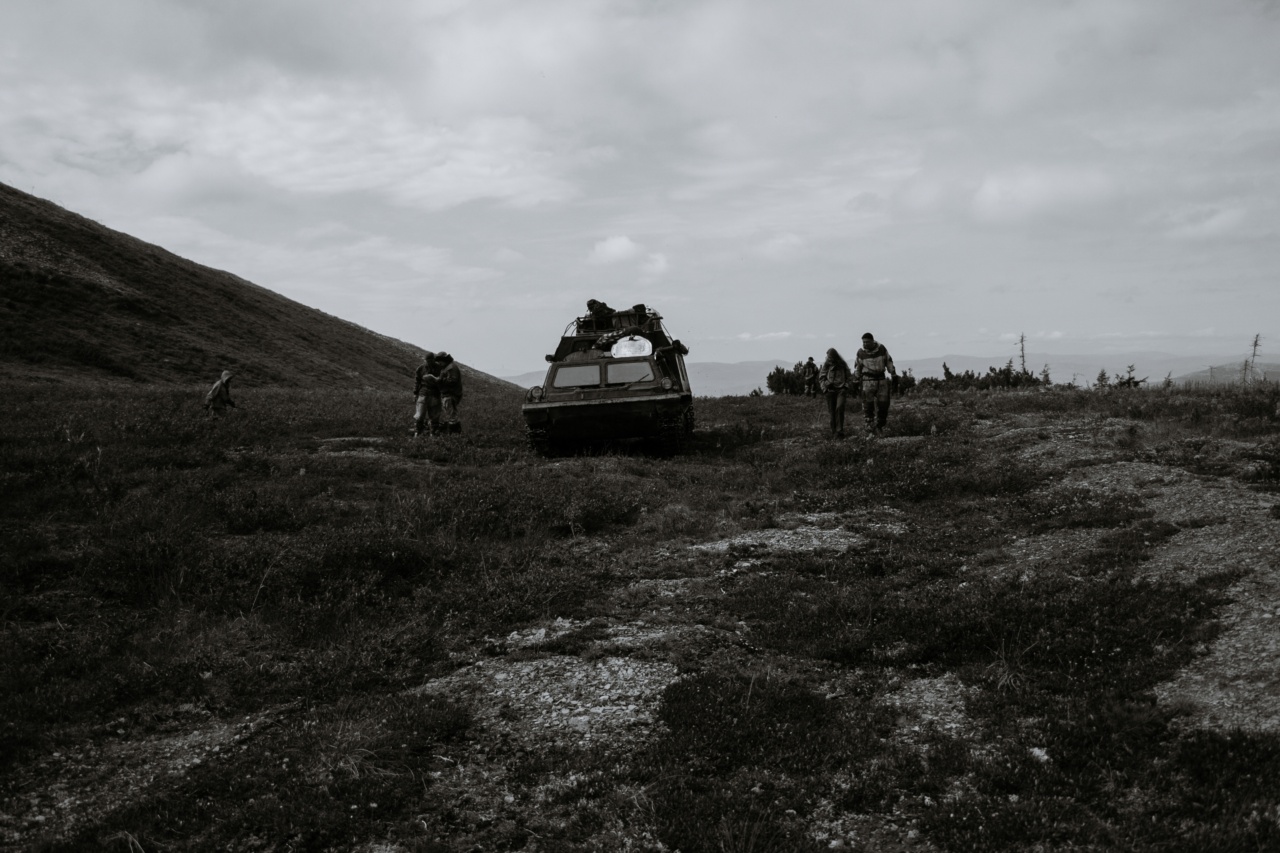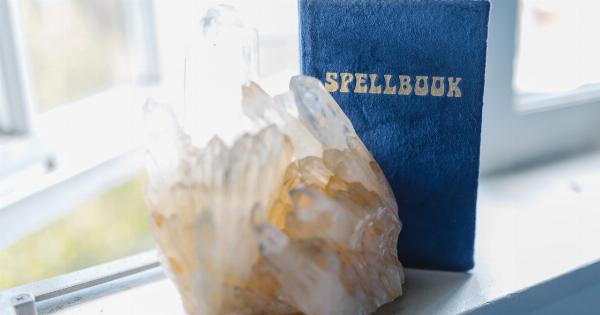When it comes to self-defense, most people immediately think of physical techniques and strategies. However, one aspect of protecting ourselves that often gets overlooked is the training of our hearts.
The heart is not only the seat of our emotions but also the source of our inner strength and resilience. In this article, we will explore the importance of training the heart as a means of protection.
Understanding the Heart’s Armor
Just like any other muscle or organ in our body, the heart can be trained and fortified.
The armor of the heart consists of various qualities and skills that, when developed, can help us navigate through life’s challenges with grace and resilience. These include:.
1. Compassion
Compassion is the ability to feel empathy and show kindness towards oneself and others. By cultivating compassion, we develop a deeper understanding of the human experience, which enhances our ability to relate to and connect with others.
2. Forgiveness
Forgiveness is a powerful tool for self-protection. Holding onto grudges and resentment only weighs us down and prevents us from experiencing true freedom.
By practicing forgiveness, we release the burden of the past and create space for healing and growth.
3. Resilience
Resilience is the ability to bounce back from adversity. It is the inner strength that allows us to face challenges head-on and persevere in spite of obstacles.
By cultivating resilience, we develop a sense of confidence and adaptability in the face of adversity.
4. Gratitude
Gratitude is the practice of acknowledging and appreciating the good things in life. When we focus on what we are grateful for, we shift our perspective from lack to abundance.
This mindset not only enhances our overall well-being but also acts as a protective shield against negativity and despair.
5. Mindfulness
Mindfulness is the practice of being fully present in the moment, without judgment. By cultivating mindfulness, we develop greater self-awareness and clarity of thought.
This allows us to make wise decisions and act in alignment with our values, providing a solid foundation for protection.
6. Courage
Courage is the ability to face our fears and take action in spite of them. It is the fuel that drives us forward, even in the face of uncertainty and danger.
By cultivating courage, we expand our comfort zone and create opportunities for growth and self-protection.
7. Self-Composure
Self-composure is the ability to remain calm and composed, even in the midst of chaos. It is the art of maintaining inner peace and stability, regardless of external circumstances.
By cultivating self-composure, we become less reactive and more in control of our emotions, providing a solid defense against external threats.
8. Integrity
Integrity is the alignment of our thoughts, words, and actions with our core values. When we live in integrity, we establish a sense of trust and authenticity within ourselves and with others.
This fosters healthy relationships and a strong support system, which enhances our overall protection.
9. Empathy
Empathy is the ability to understand and share the feelings of others. By cultivating empathy, we develop stronger connections and bonds with those around us.
This support network acts as a protective shield, offering comfort and support during challenging times.
10. Love
Love is the ultimate armor of the heart. It is the purest and most powerful force in the universe. When we cultivate love within ourselves, we become a beacon of light and positivity.
Love acts as a shield, protecting us from negativity and guiding us towards a life of fulfillment and purpose.
Training the Heart: Practices for Protection
Training the heart requires consistent practice and dedication. Here are some activities and techniques that can help fortify the armor of your heart:.
1. Meditation
Meditation is a powerful practice for cultivating mindfulness and self-awareness. Set aside a few minutes each day to sit in silence, focusing on your breath and observing your thoughts.
Through regular meditation, you can develop greater clarity and emotional stability.
2. Gratitude Journaling
Start a gratitude journal and write down three things you are grateful for each day. This simple practice can shift your mindset towards positivity and abundance, enhancing your overall sense of well-being and protection.
3. Forgiveness Exercises
Practice forgiveness by writing forgiveness letters to those who have hurt you and then letting go of any attachments to the outcome. Forgiveness liberates us from the past and allows us to move forward with a lighter heart.
4. Compassion Meditation
Engage in compassion meditation by focusing on sending love and well-wishes to yourself, loved ones, and even those you may have difficulties with. This practice strengthens your capacity for empathy and opens your heart to deeper connections.
5. Physical Exercise
Engage in regular physical exercise to enhance your physical and mental well-being. Exercise releases endorphins, boosts self-confidence, and reduces stress, all of which contribute to the fortification of your heart’s armor.
6. Surround Yourself with Positive Influences
Ensure that your social circle consists of individuals who uplift and inspire you. Surrounding yourself with positive influences creates a supportive network that reinforces your heart’s armor and protects you from negativity.
7. Practice Self-Reflection
Take time to reflect on your actions, thoughts, and emotions. Self-reflection allows you to identify areas for growth and make conscious choices aligned with your values. It is a powerful tool for developing self-composure and integrity.
8. Embrace Challenges
Instead of shying away from challenges, embrace them as opportunities for growth. Adopt a mindset of viewing obstacles as stepping stones towards personal development and self-protection.
With each challenge overcome, your resilience and courage will strengthen.
9. Connect with Nature
Spending time in nature has a soothing effect on the heart and mind. Whether it’s a walk in the park, a hike in the mountains, or simply sitting under a tree, connecting with nature helps reduce stress and cultivate inner peace.
10. Prioritize Self-Care
Make self-care a top priority in your life. Engage in activities that recharge and nourish your mind, body, and soul.
Whether it’s reading a good book, taking a bubble bath, or practicing a hobby, self-care strengthens your overall well-being and enhances your heart’s armor.





























